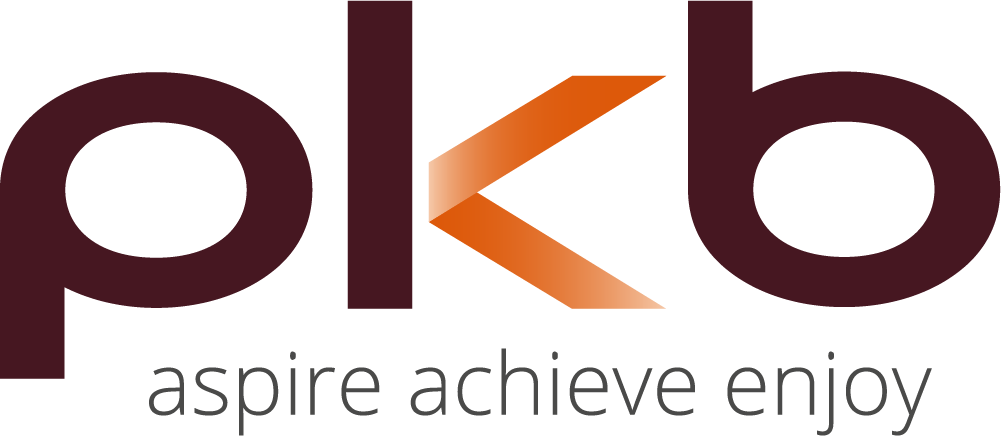The number of fines issued to employers who haven’t been complying with their auto-enrolment responsibilities has increased by an incredible 146% over the last two years.
In 2016/17, there was a total of 14,707 fines issued for non-compliance but by 2017/18, this had risen to 36,137.
More than doubling in just a short period of time, these figures are naturally alarming. The Pensions Regulator has however assured employers that the rise is simply in-line with an increase in the number of employers with auto-enrolment responsibilities. It does not indicate a widespread issue of employers failing to comply with the requirements.
What is auto-enrolment?
In the past, many workers have missed out on valuable pension benefits because their employer didn’t offer a pension or the employee voluntarily chose not to join their company’s pension scheme.
Not only did this mean that people weren’t saving enough for their retirement, as people are living longer, it has also been putting a strain on the state benefits system. Most people cannot afford to live comfortably on their state pension alone which is why auto-enrolment was brought in.
Auto-enrolment makes it compulsory for employers to automatically enrol their eligible workers into a pension scheme as well as make financial contributions to it.
Who is eligible for auto-enrolment?
Employers are legally obliged to automatically enrol workers into a workplace pension scheme if they are aged between 22 and state pension age and are earning more than £10,000 a year.
After its introduction in 2012, auto-enrolment was phased in over several stages for different sizes of business, so the number of employers required to comply has gradually increased accordingly.
While more than 500,000 employers had declared their compliance with auto-enrolment by 2016/17, this figure rose to 1.1 million in 2017/18.
Speaking about the auto-enrolment process, Ciara Bridge-Butler, press officer at the Pensions Regulator commented:
“Most employers are aware of their ongoing duties, which include record-keeping and maintaining contributions. Where an employer does not have expertise in this area, such as a dedicated payroll department, we encourage them to seek help from a professional advisor to ensure they meet their legal duties.”
Please note that from the 6 April 2019, employers will see their minimum contributions towards an eligible employee’s pension rise from 2% to 3%.
Auto-enrolment and YOUR business
If you have any questions about auto-enrolment and how it affects your business, please feel free to contact Julie Parham who will be able to provide you with more information about our payroll services.

To read news and blogs from Julie Parham, click here >>


